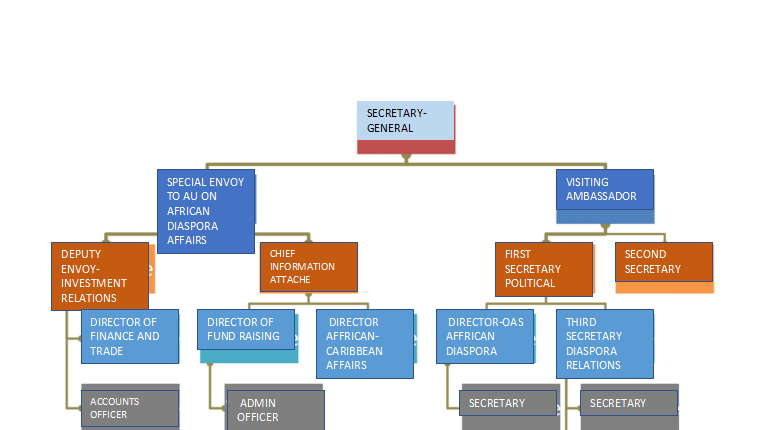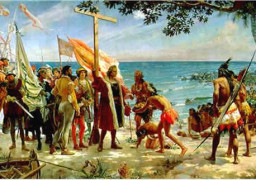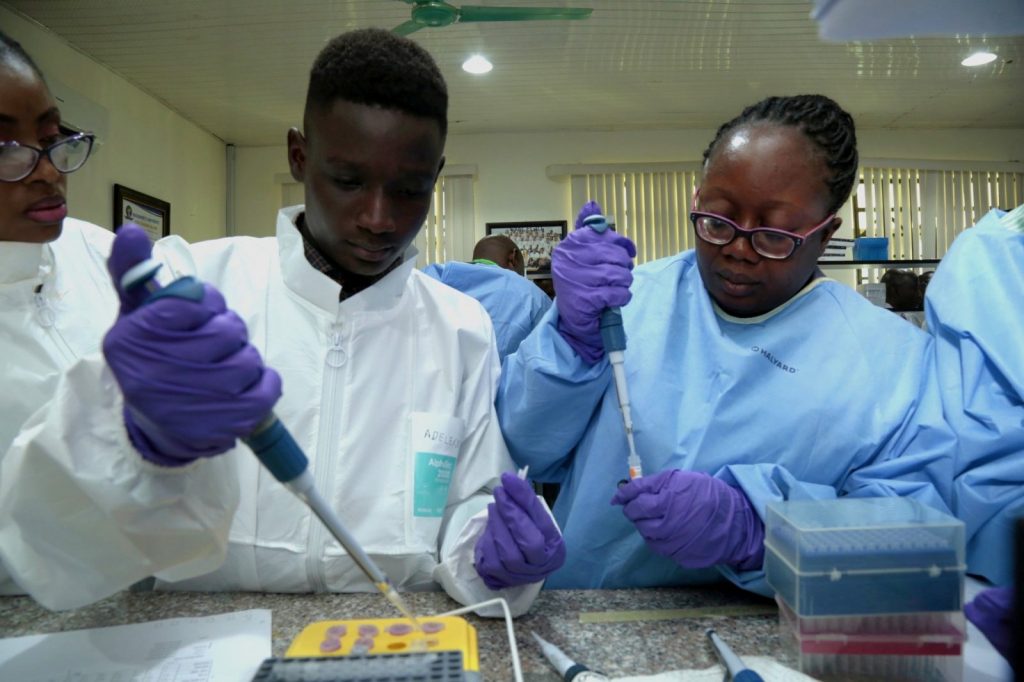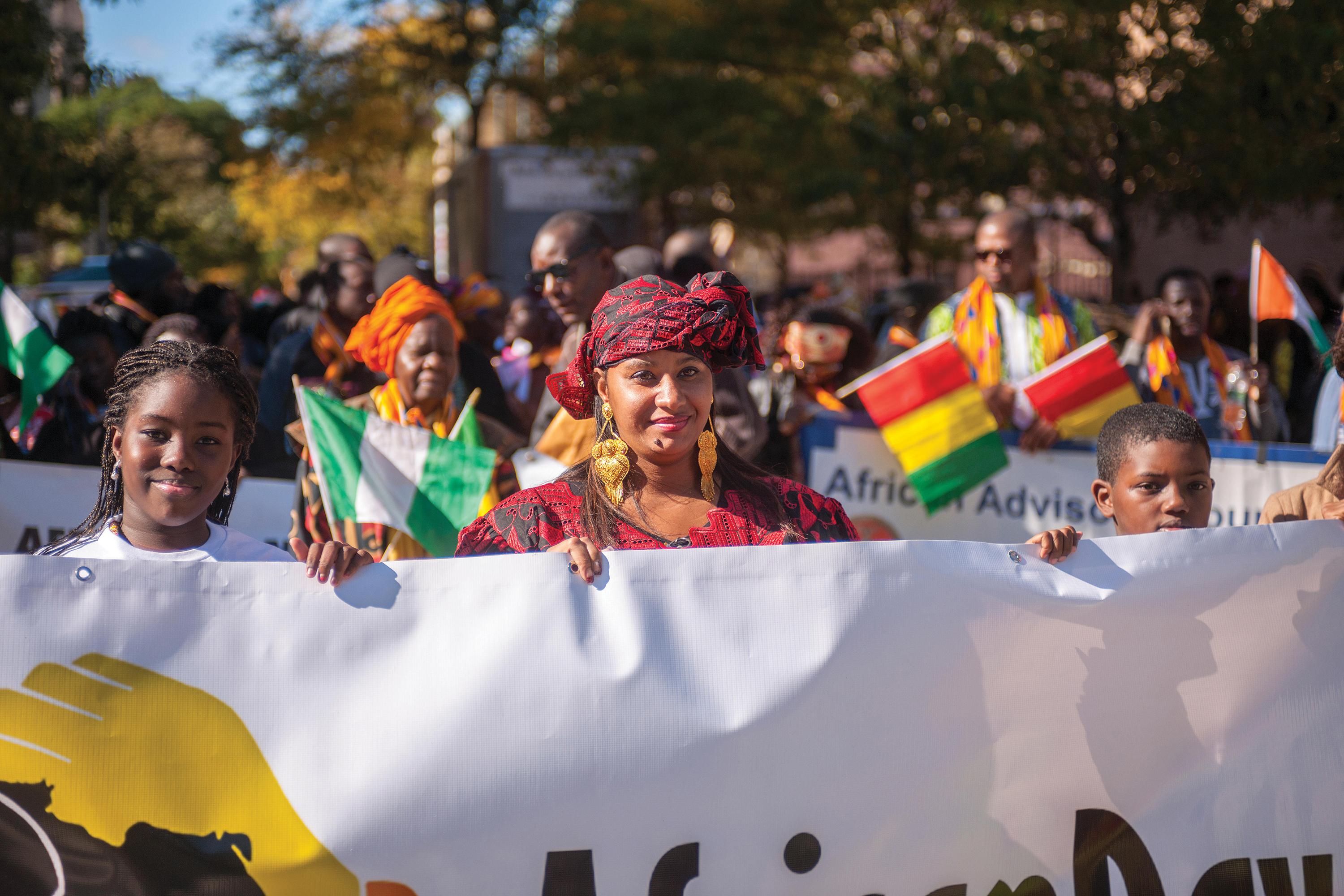CARIBBEAN-ORGANISATION OF AMERICAN STATES AFRICAN DIASPORA AFFAIRS
COADA CHARTER
Caribbean-Organisation of American States African Diaspora Affairs (COADA) is an economic, social, educational, humanitarian, International Organization founded to work for the benefit of the African Union, ECOWAS, (with Nigeria particularly in mind) and the African diaspora in their host countries.
COADA has developed programs with allied companies to supply metropolitan, regional and site-specific sewers, water systems, power, communications, computing, gas, and trash solutions along with urban planning services, architectural design, and multidisciplinary engineering services for members of the African Union, ECOWAS, the African diaspora and its allies. COADA will work with the allied peoples of the Caribbean-Organisation of American States African diaspora, governmental and non-governmental organizations and governments of the world who support the people of the African diaspora, and AU.
African Union
The African Union (AU) is a union of all 55 African states. Established on 9 July 2002, the
AU was formed as a successor to the Organisation of African Unity (OAU). The most
important decisions of the AU are made by the Assembly of the African Union, a semi-
annual meeting of the heads of state and government of its member states. The AU’s
secretariat (the African Union Commission) is based in Addis Ababa, Ethiopia.
The COADA’s Charter is enacted to:
Promote critical Research on African History,
Promote the establishment of African Credit and Investment Banks
Promote Science, Art and Technology
Promote dialogue between all segments of the African people on issues concerning
the continent and its future
Forge partnerships between governments and all segments of civil society
(especially women, youth, children of the diaspora, organized labor, the private
sector and professional groups)
Promote the participation of Africa’s (and the diaspora’s) civil society in the
implementation of the policies and programmes of the AU and the COADA
Support policies and programmes promoting peace, security and stability, and foster
continental development and integration with the African diaspora
Promote and defend a culture of good governance, democratic principles and
institutions, popular participation, human rights and social justice
Promote, advocate and defend a culture of gender equality
Promote and strengthen the institutional, human and operational capacities of African
civil society
Create a new economic framework between the people of the African Union and
those of the African diaspora
Promote Sister City Bilateral Trade Agreements between the African States and African
Diaspora States.
COADA
ADVOCATES for rebuilding the global African family in the service of the development and integration agenda of the African continent.
Caribbean-OAS African Diaspora

Agriculture/Commerce
- Promote every area of Agricultural
- Promote African Education and Research.
- Promote Caribbean African Chamber of Commerce
- Promote Trade and Investment and friendly relations amongst the Diaspora and their Countries and Africa
Science/Education/Sports

- Promote Scientific, technological exchange between the Diaspora and their countries
- Promote educational Scholarships for both Africans Diaspora and Africans in the continent.
- Promote Sports, art, music and culture within the African Diaspora
Promote the truth about the Africans who took the good news about Christ Jesus with the Holy Spirit to Africa thousands of years ago

Learn the truth about the Africans who took the good news about Christ Jesus with the Holy Spirit to Africa thousands of years ago before the Europeans colonized Africa.
History/Medicine

- Promote African History and Philosophers
- 10.Promote African Scholars, Engineers, Scientists and Medicine
- Promote African Foods within the Diaspora
- Promote African Clothes within the Diaspora
Visa free travels/Employment

Advocate visa free travels for both Africans and Africans in Diaspora; encourage African Diaspora into making Investments in Africa;
Explore possibilities of establishing commercial Banks to empower young Africans in business, science and technology.
